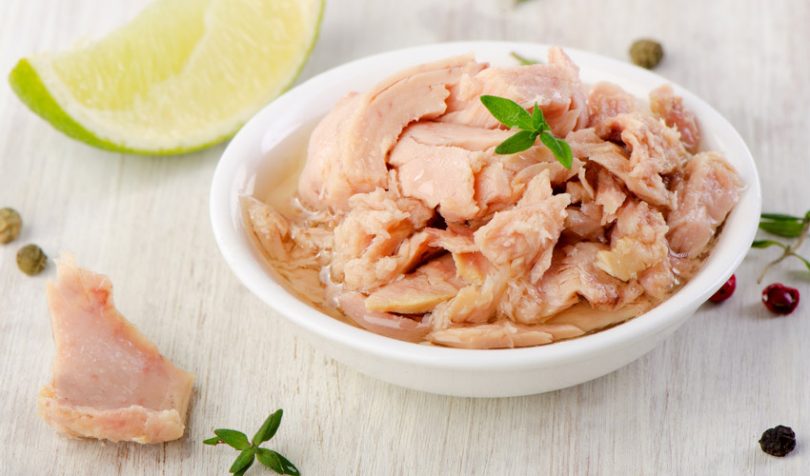Today 90-year-old Swiss food company Gustav Gerig announced plans to use blockchain for traceability for its “Raimond Freres” branded tuna. The fish will be sourced and canned by Pacifical, a company jointly set up by regional fishing countries in the Western and Central Pacific. Pacifical already has a live blockchain traceability solution.
Pacifical fishing vessels have a Marine Steward Council (MSC) trained observer on board. MSC’s mission is to end overfishing. The observer uploads data about the fish multiple times a day. Gustav Gerig aims to record the following data about the tuna: which captain, vessel, catch timing, method and area, where and when it was processed. Additionally, Gustav Gerig is employing JMB international to audit the product.
A consumer can scan a QR code to retrieve the information from the Ethereum blockchain. Gustav Gerig is using a tool developed by Bangkok-based Atato.
Major US tuna brand Bumble Bee is also working on a food traceability solution with SAP. Gil Perez, SAP senior vice president of products recently spoke to Ledger Insights about the importance of incentivizing accurate recording of data. “If, for example, Bumble Bee would come to their fisherman and say ‘Hey, I want you to do ten more things today, but you’re not getting any kind of compensation for it,’ the fishermen would obviously not be interested in doing that,” Perez commented.
That’s a challenge for many food traceability projects whether sourced from the sea or a farm. IBM’s Food Trust is one of the highest profile traceability projects and includes Walmart, Nestle, Unilever, and Carrefour. But there are numerous others.
Several projects are dedicated to tracking beef in South Korea, Wyoming and the UK. Dairy Farmers of America is exploring blockchain and there’s a Vietnamese pig traceability project. Both Oxfam in Cambodia and Alibaba have rice traceability projects.







